Nardostachys Jatamansi, commonly known as Jatamansi in Hindi and Spikenard in English, is a member of the Valerianaceae family. Hysteria, epilepsy, sleeplessness, and convulsions have all been traditionally treated with it as a neuroprotective agent in the Ayurvedic medical system. This plant's rhizome extract has been investigated for its neuroprotective properties. Additionally, it has been shown to have antidepressant properties that aid in the treatment of mental illnesses such depression, anxiety disorders, mental exhaustion, panic disorders, and obsessive-compulsive disorder.
Table of Contents
What is Nardostachys Jatamansi?
The botanical name for Jatamansi is Nardostachys Jatamansi, and it is the root of an Indian Ayurvedic herb that is a member of the Valerianaceae family and the Nardostachys genus.
Nardostachys Jatamansi and Bacopa Monnieri (Water hyssop) share numerous therapeutic traits, such as anti-stress, anti-convulsive, and cognitive-enhancing effects. Contrary to Bacopa, however, the research into its medical usefulness is still in its early stages. It is a fragrant herb that has a cooling effect on the body.
Nardostachys Jatamansi’s plant description:
Nardostachys jatamansi, a flowering plant belonging to the Valerian family, is also known as nard, muskroot, or jatamansi spikenard. The herb can be found in the eastern Himalayas at elevations between 3,000 and 5000 metres. It bears bell-shaped, pink blooms.
Traditionally, the herb was crushed and processed into an oil. This oil was employed in perfumes, religious rites, and even medicine.
Today, Nardostachys jatamansi is commonly used as an oral supplement and in the form of spikenard oil.
Benefits of Nardostachys jatamansi in Ayurvedic treatment:
The use of jatamansi in ayurvedic medicine provides a plethora of advantages for those who struggle with memory loss, anxiety, sleeplessness, and epilepsy. This herb is frequently utilised in Ayurvedic medicine. Many people nowadays experience worry, and the pandemic nature of the problem makes matters worse. Jatamansi is a plant that reduces anxiety. This is as a result of its Medhya and Tridosha qualities, which enhance intelligence.
The Jatamansi can be applied externally in addition to being used to treat worried persons. For instance, it aids in the reduction of wrinkles and the healing of wounds. It is also employed in the production of colours and perfumes. Jatamansi has numerous advantages as a result.
Health benefits of Jatamansi:
- Reduces anxiety
The anxiety symptoms can be controlled with the use of jatamansi. According to Ayurveda, Vata regulates the neurological system and all bodily motions and functions. Vata imbalance is primarily to blame for anxiety. Due to its ability to balance the Tridosha, jatamansi aids in reducing the signs and symptoms of anxiety.
- Benefits epilepsy
The herb jatamansi aids in controlling epilepsy symptoms. Epilepsy is known as Apasmara in Ayurveda. Patients with epilepsy have seizure episodes. Uncontrollable and swift body movements are a result of aberrant electrical activity in the brain during a seizure. The result could possibly be unconsciousness. Each of the three doshas—Vata, Pitta, and Kapha—play a role in epilepsy. Jatamansi lowers the frequency of seizure episodes while balancing the three doshas. Due to its Medhya (increase intelligence) property, it also aids in maintaining good brain function.
- Reduces insomnia
Jatamansi is effective for promoting restful sleep. According to Ayurveda, insomnia results from an irritated Vata dosha, which makes the nerve system sensitive ( Anidra ). Jatamansi's ability to balance the Tridosha is what causes it to relax the nervous system. Because of its special sleep-inducing (Nidrajanana) effect, it aids in restful sleep.
- Increases memory capacity
When used regularly, jatamansi aids in controlling the signs of memory loss. According to Ayurveda, Vata regulates the nerve system. Weak memories or low mental awareness are symptoms of a Vata imbalance. Jatamansi helps to improve memory and provides immediate mental alertness. This is as a result of its Medhya (increase intelligence) and Tridosa (balance) qualities.
- Good for the uterus
Due to its antispasmodic characteristics, jatamansi can help lessen cramps, pain, and discomfort associated with menstrual flow. For many women, the menopause can be a physically and psychologically torturous time. After a certain age, some women cease menstruating spontaneously, while others may stop after surgeries like hysterectomy. Numerous psychological and physiological issues follow this alteration in the body. Jatamansi is useful in treating the effects of menopause. It can help with symptoms like mood swings, disturbed sleep, lightheadedness, exhaustion, headaches, and difficulties concentrating.
- Promotes Hair Growth
The Jatamansi Oil aids in encouraging hair growth and reducing hair loss. The oil works by deeply permeating hair follicles, strengthening hair roots and strands, and causing your mane to grow thicker and stronger. Additionally, it aids with dandruff management. Additionally, using Jatamansi oil regularly can help stop premature hair ageing.
- Assists with skin issues
Jatamansi is renowned as a safe, all-natural treatment for numerous skin issues. Dermatitis and psoriasis can be treated with jatamansi powder, which also helps scars diminish. Its strong antibacterial properties may be useful in treating a variety of bacterial illnesses, including cholera, food poisoning, and septic tetanus. This medicinal plant aids in the recovery of wounds.

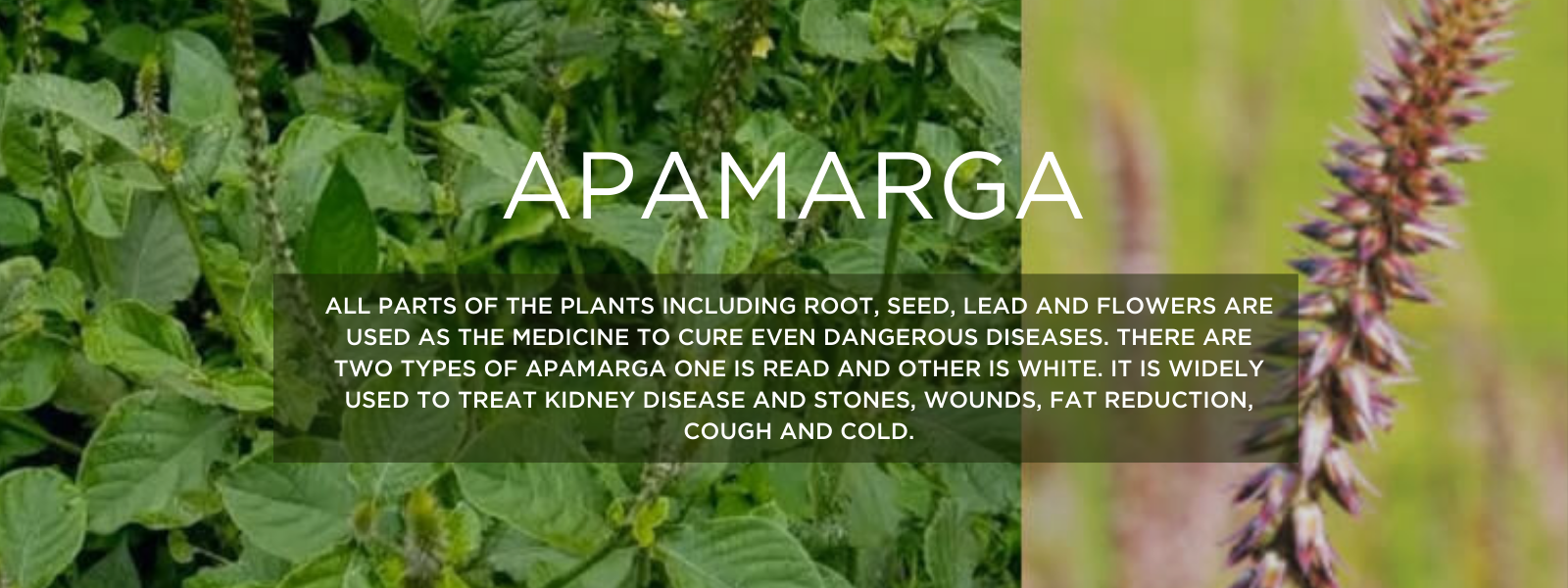
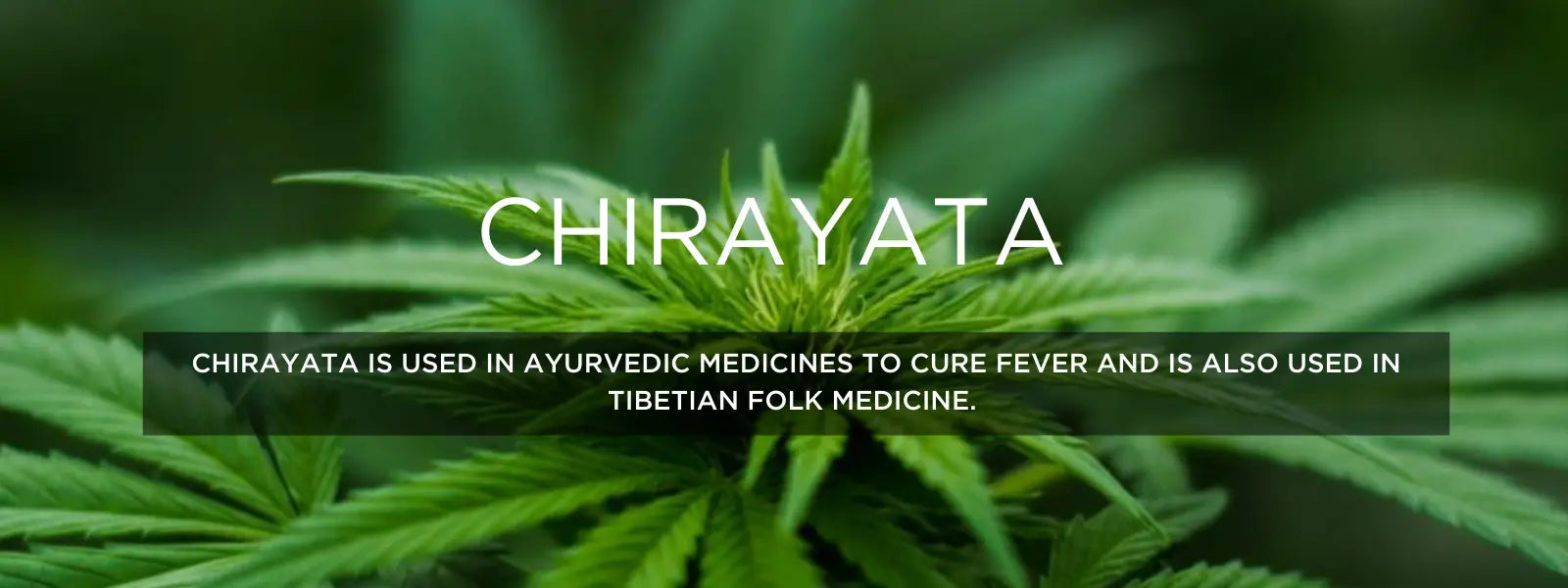
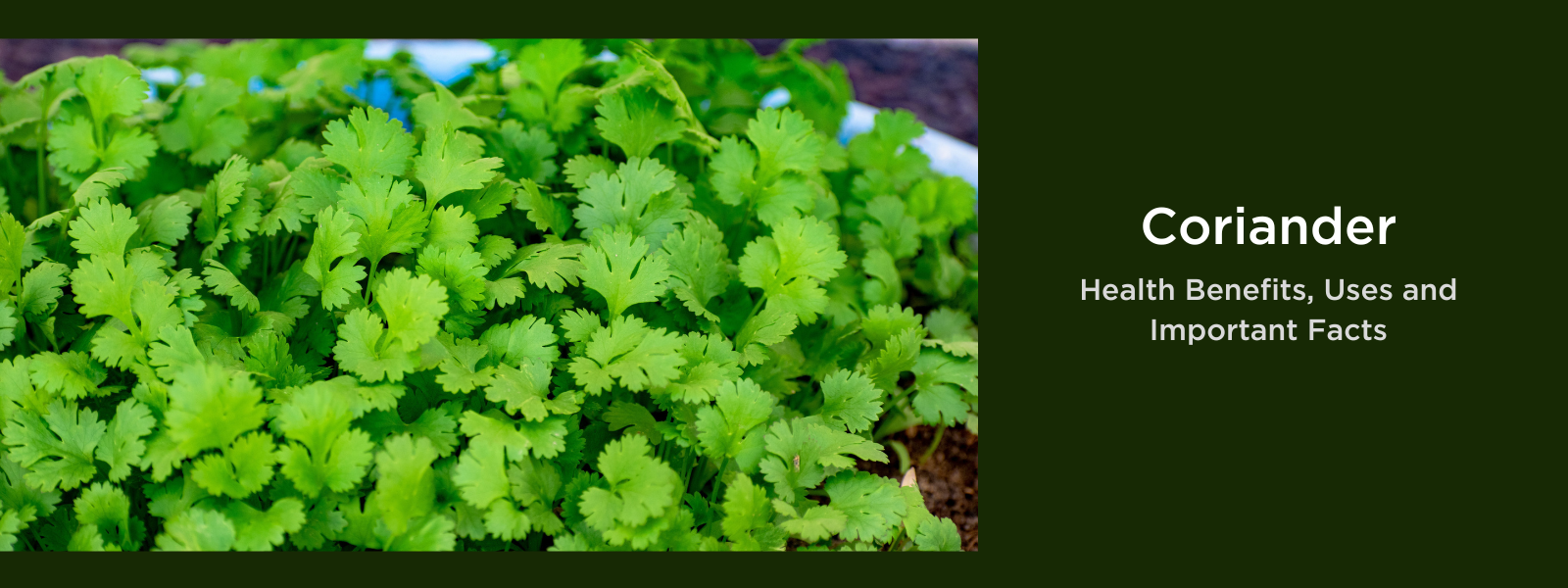
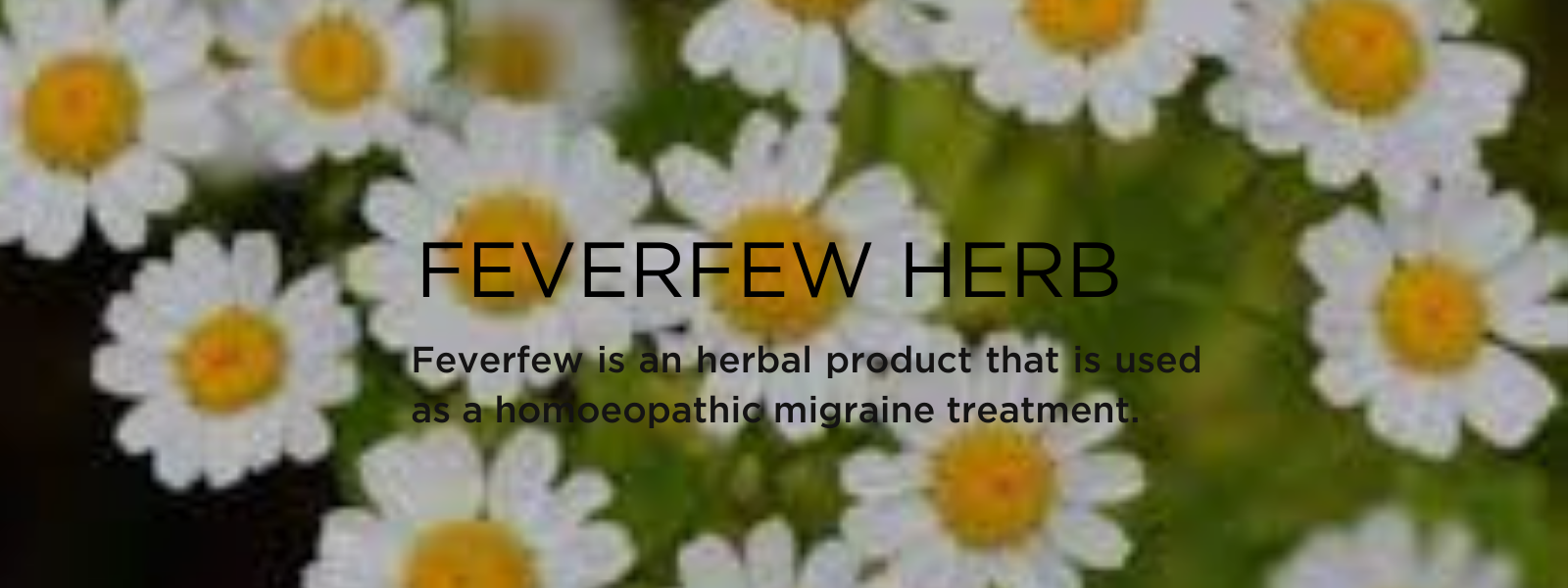

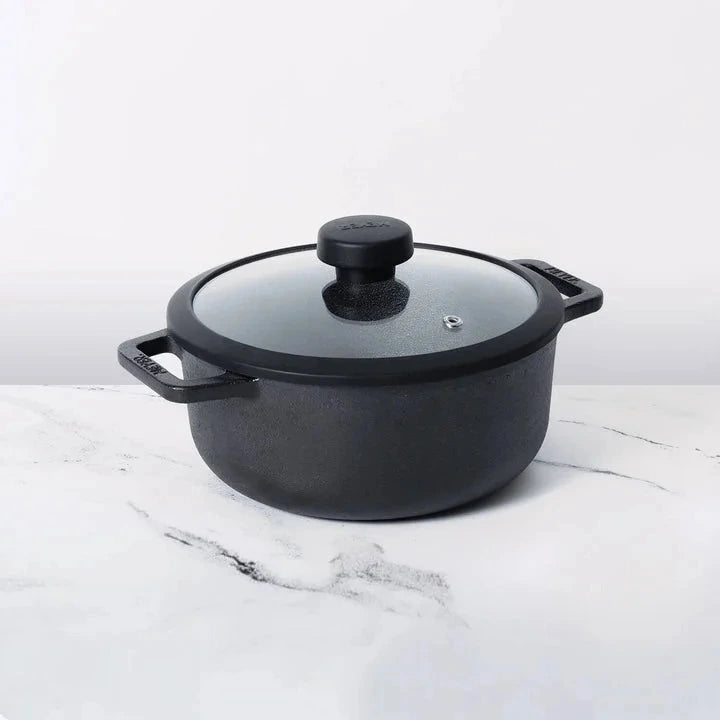




Leave a comment